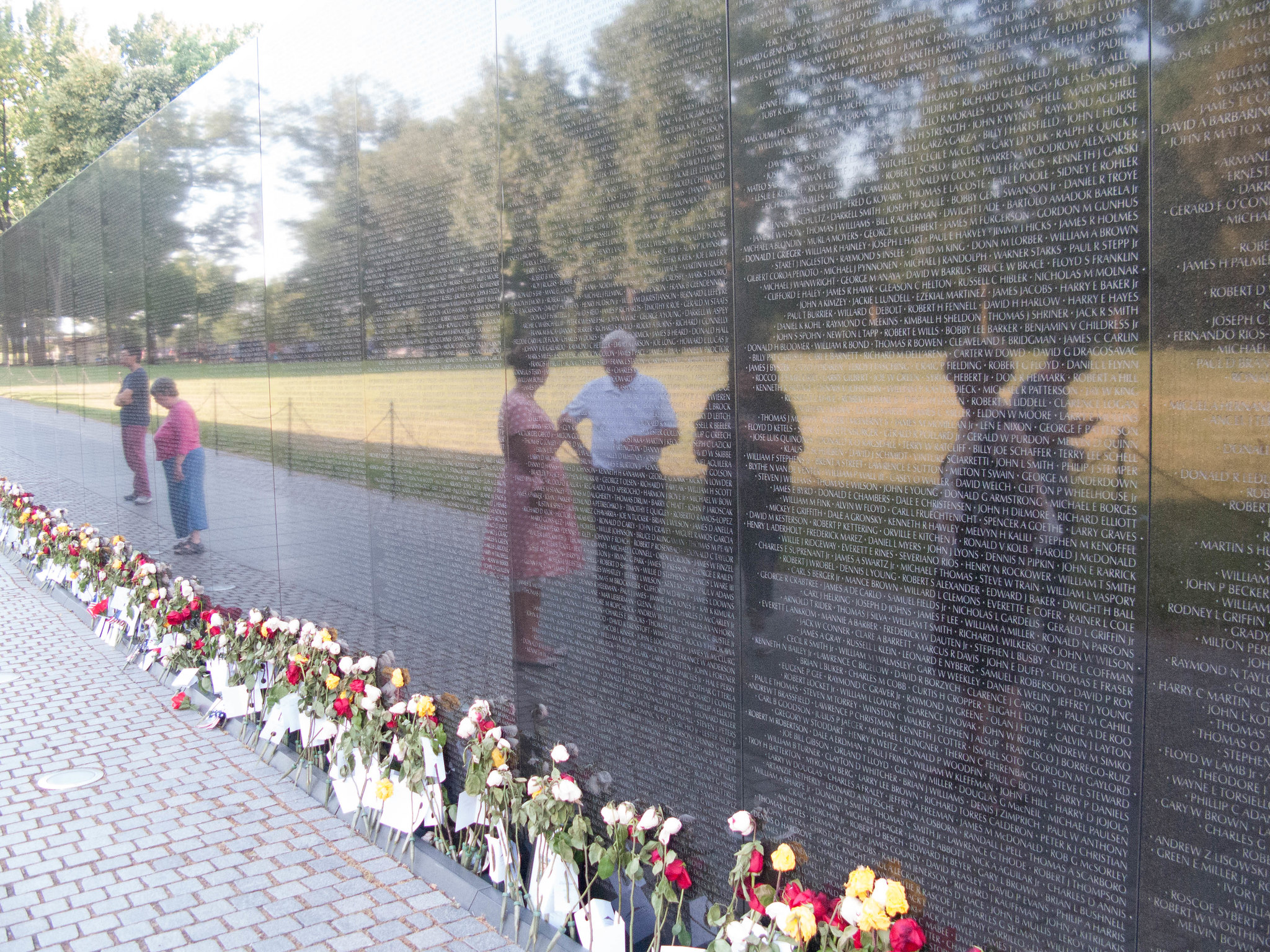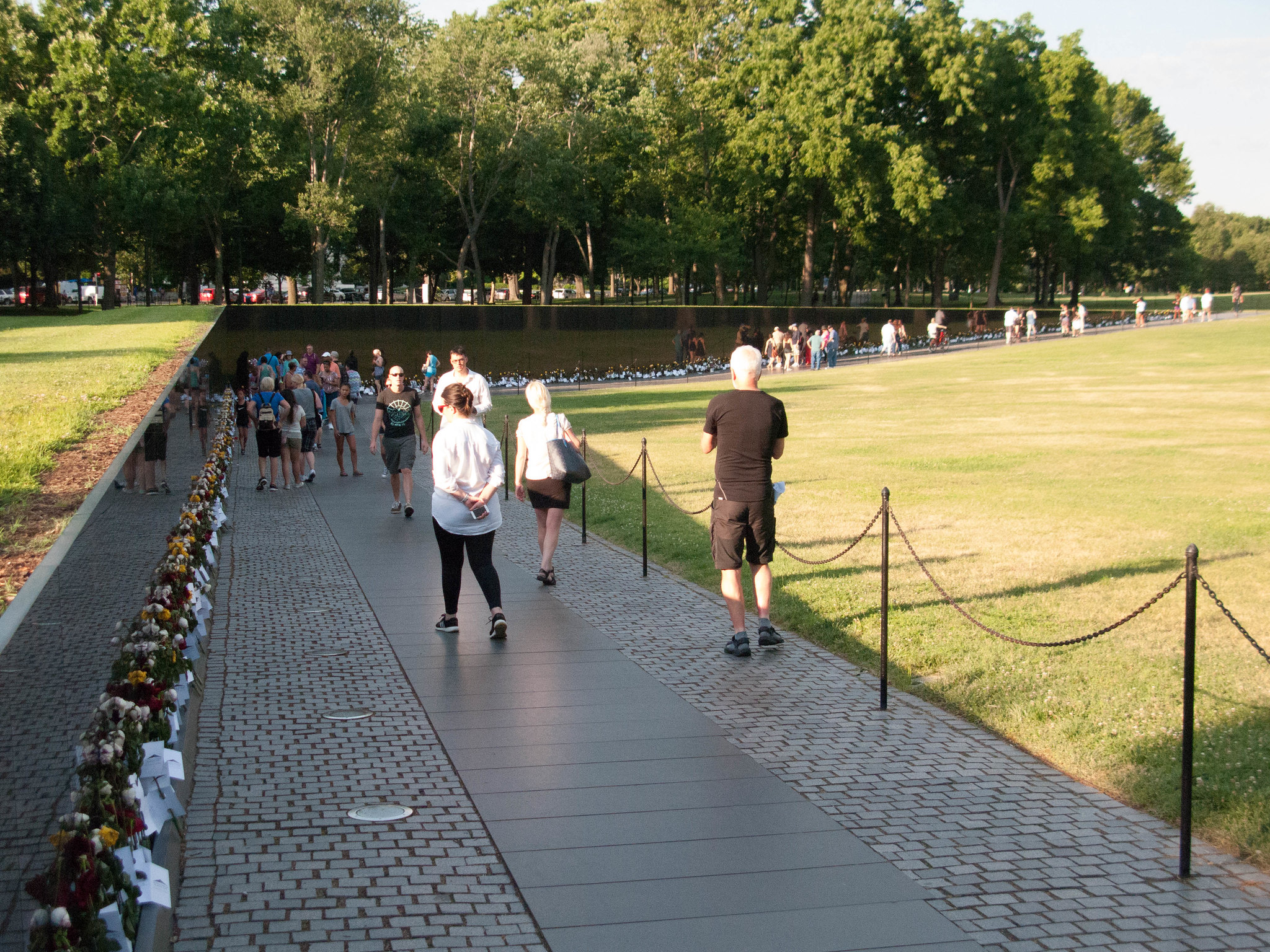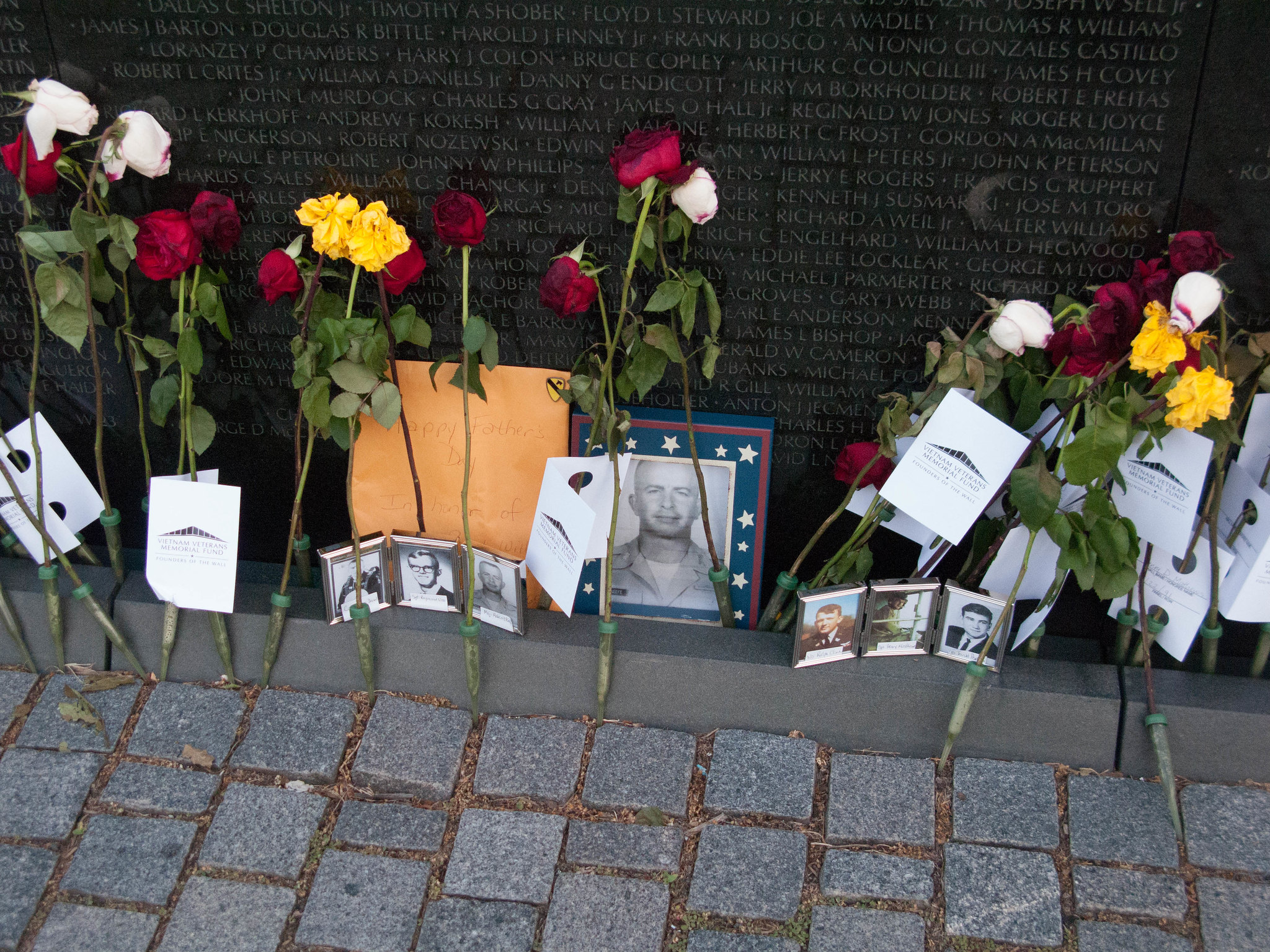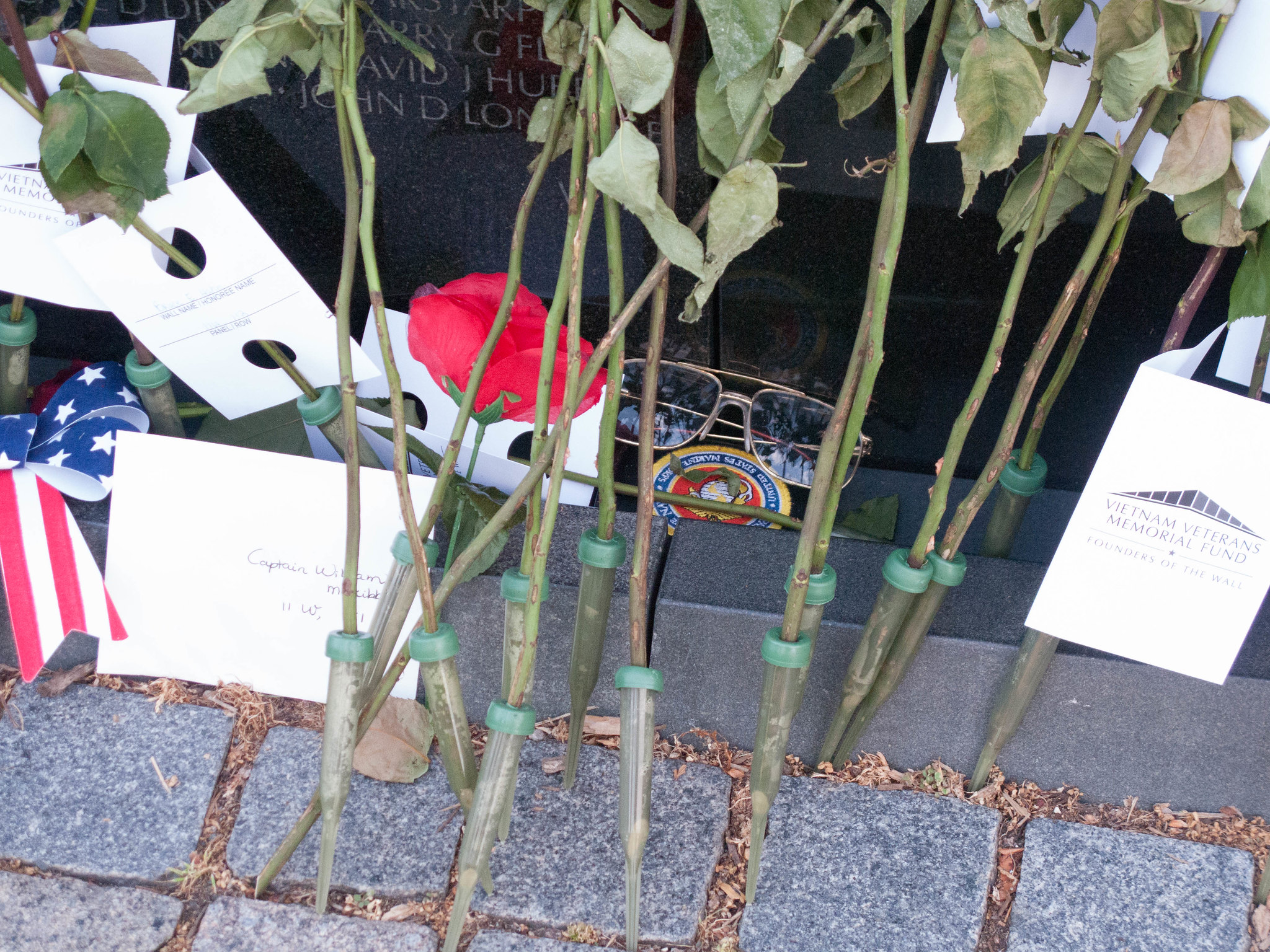If I have left the impression that I think all evangelical Christians supported the election of Donald Trump, I should correct it. Here are two statements, one by a Baptist layman and another by the president and past president of Fuller Seminary expressing dismay over Trump’s election that is kin to my own. Nor do I want to convey the impression that I think the mix of racism, misogyny, and xenophobia that permeated the Trump rallies is necessarily characteristic of evangelical Christianity or of Catholicism. What follows is a meditation on what I take to be the spirit of these two statements. I have no idea how to translate it into anything else.
On the other hand, I am convinced that a vote for Trump was not an innocent act. We will discern that lack of innocence in the coming months as the Trump presidency unfolds. It will have two primary goals, I think: to enlarge the cult of Trump, and to act out what Katherine Kramer has termed The Politics of Resentment. We won’t see the wholesale return of “American jobs,” but we will see plenty of scapegoating of the politically and socially vulnerable, who will be blamed for the country’s alleged ills, and an attempt to dismantle the liberal establishment. Look at Wisconsin, Kansas, Louisiana, Michigan, and other states that have experienced large-scale destruction and/or stagnation of the public sector for models of what could happen nationwide. Trump’s scapegoating of Boeing is also deeply disturbing. Coupled with the corporate welfare Trump and Pence have promised United Technologies in relation to Trump’s inflated claim of “saving Jobs” at Carrier, it bespeaks the capriciousness of a would-be dictator.
One of my students a couple of years back remarked that we are living in a time of great change. I didn’t disagree because I never did that with students, but I thought then and am thinking today (as I noted in a previous Advent piece) that a time of great change may already be past, a trajectory such as that Richard Rorty describes in an essay entitled “Trotsky and the Wild Orchids”–one defined by the Bill of Rights, the Reconstruction Amendments, the building of the land-grant colleges, female suffrage, the New Deal, Brown v. Board of Education, the building of the community colleges, Lyndon Johnson’s civil rights legislation, the feminist movement, and the gay rights movement. Following Dr. King. It may be that the arc of history bent towards justice for a stretch of time in the last century, but if so it has now snapped back with a vengeance in the rise of Donald Trump. Those of us who opposed him now have to figure out how win elections in a poisoned political environment.
And it may also be important in the short term for those of us who have been part of the liberal establishment and still celebrate its accomplishments to figure out how to prevent, or at least to slow, its destruction: to preserve public education, the national parks, the continent’s infrastructure, the professions, civil rights, the elements of democracy we have taken for granted since the great depression, the social safety net, the press, the middle class, to say nothing of civility and common decency in our national leadership. Trump and the Republican leadership promise us liberals not only destruction, but also authoritarianism, cruelty, crudity, and inauthenticity on a scale we have not seen in American public life for a long time, perhaps since the time of Lincoln. Last June as I wandered about the mall in our nation’s capital I couldn’t help thinking that I can’t imagine how or why anyone would seek public office with a goal of destroying the institutions that surrounded me. Yet here we are. An apparent majority of our nation’s governing faction currently rejoices in its intention to do just that.
We were in Washington over the Father’s Day weekend, and it was on Father’s day that we visited the Vietnam Veterans Memorial. Here is how it looked, with garlands of flowers and personal memorials along every inch of the long memorial wall that is its centerpiece.
It continues to draw huge crowds, and this Father’s Day I estimated thousands of friends and families of the dead of that war had left remembrances there. Some were little shrines that included effects of the persons remembered, family pictures, glasses, driver’s licenses, wallets, medals and insignia. It was heart wrenching to see them there in a way no photograph can convey.
I opposed the war in Vietnam, made no secret of my opposition, participated in protests; but I also spent three years at the height of the conflict teaching school at Fort Bragg, North Carolina where I knew, befriended, and was befriended by many Vietnam veterans, some of whom were in between tours. One of my students (younger than I was—I was young then too) had done three tours in Viet Nam and wanted to go back. He had some things on his conscience from his first tour for which he had continued to try to atone. I have often wondered what became of him. Then there were the days I arrived on post to an atmosphere supercharged with dread and grief because there had been a parachute malfunction that caused a training death. And it wasn’t just that someone had died; the atmosphere was quite different during the days when the post was absorbing news of the MacDonald murders. Airborne soldiers folded and packed one another’s parachutes for each jump. I learned something about solidarity on those death days, something I think I saw again last Father’s Day.
In 1987 I reviewed My Father, My Son for The Dallas Morning News, a book by Elmo Zumwalt, Jr. and his son, Elmo Zumwalt, III. It tells of the their terrible struggle and grief as Elmo, III slowly died of lymphoma caused by exposure to Agent Orange, whose use as a defoliant his father had ordered in Vietnam. (Elmo III’s son Elmo IV, was born with a severe nervous disorder linked as well to his father’s exposure to dioxin.) At book’s end in 1986, Elmo III was recovering from a successful bone marrow transplant that extended his life another two years. At the end of my review I quoted a short statement from a letter he wrote his father at that time that I thought illustrated how Vietnam had given them a particular bond.
Both in Vietnam and with my cancers, we fought battles and lost. Yet, we always knew even when the battle was clearly desperate, that our love could not be compromised.
Young Zumwalt never blamed his father for his illness, always thought his father was right to order the use of Agent Orange. But by the time of his death in 1988 the Supreme Court had removed the last obstacle to implementing a multi-million-dollar settlement between veterans and the Agent Orange manufacturers. My Father, My Son is still worth reading. The Zumwalt story is almost an epitome of the entire war and its complex chain of consequences that continue to play themselves out in our country’s moral history. The Vietnam Veterans Memorial reminded me not only of that complexity but also of the way Vietnam veterans were treated upon their return home, one of the most shameful episodes in that moral history.
Our country’s present rightist elite have ruthlessly and, I think, cynically exploited a moral divide between Americans in relation to which there is good will on both sides. What many of us on the left know is that we don’t deserve the resentment that right wing elites have channeled towards us. But we also need to realize that some of our attitudes towards conservatives are stereotypical and that the divide between “us and them” will not be understood or ameliorated by wonkery because it’s more than political. Indeed it goes to the heart of who we are as Americans. As I walked along the veterans memorial wall I thought of Simon and Garfunkel’s “America.”
“Kathy, I’m lost”, I said,
Though I knew she was sleeping.
“I’m empty and aching and
I don’t know why.”Counting the cars
On the New Jersey Turnpike
They’ve all come
To look for America. . . .
I love this song for its catalogue of ordinary ironies and its evocation of a time when I thought I had America right. I’m thinking now of a friend who I think voted for Trump but still offered to hug my neck as we realized we had things we could talk about in the aftermath of the election. We Americans are, we were then, who we are—all of us, as Mrs. Antrobus says of women in Wilder’s The Skin Of Our Teeth. “We’re not what politicians or poll takers say we are, and we’re especially not the ideological idiots pundits and social media say we are. We’re ourselves.’ Perhaps we could find America again together if we met spiritually somewhere near the Vietnam Veterans Memorial and began to talk about how we got there.




